New rules for posted workers - Better protection of workers or the end of posting?
Free movement of people and services is crucial for the internal market to function well. On March 8th, the European Commission presented its targeted revision of the posting of workers directive. The proposal is already one of the most controversial to be handled by the European legislators during 2016.
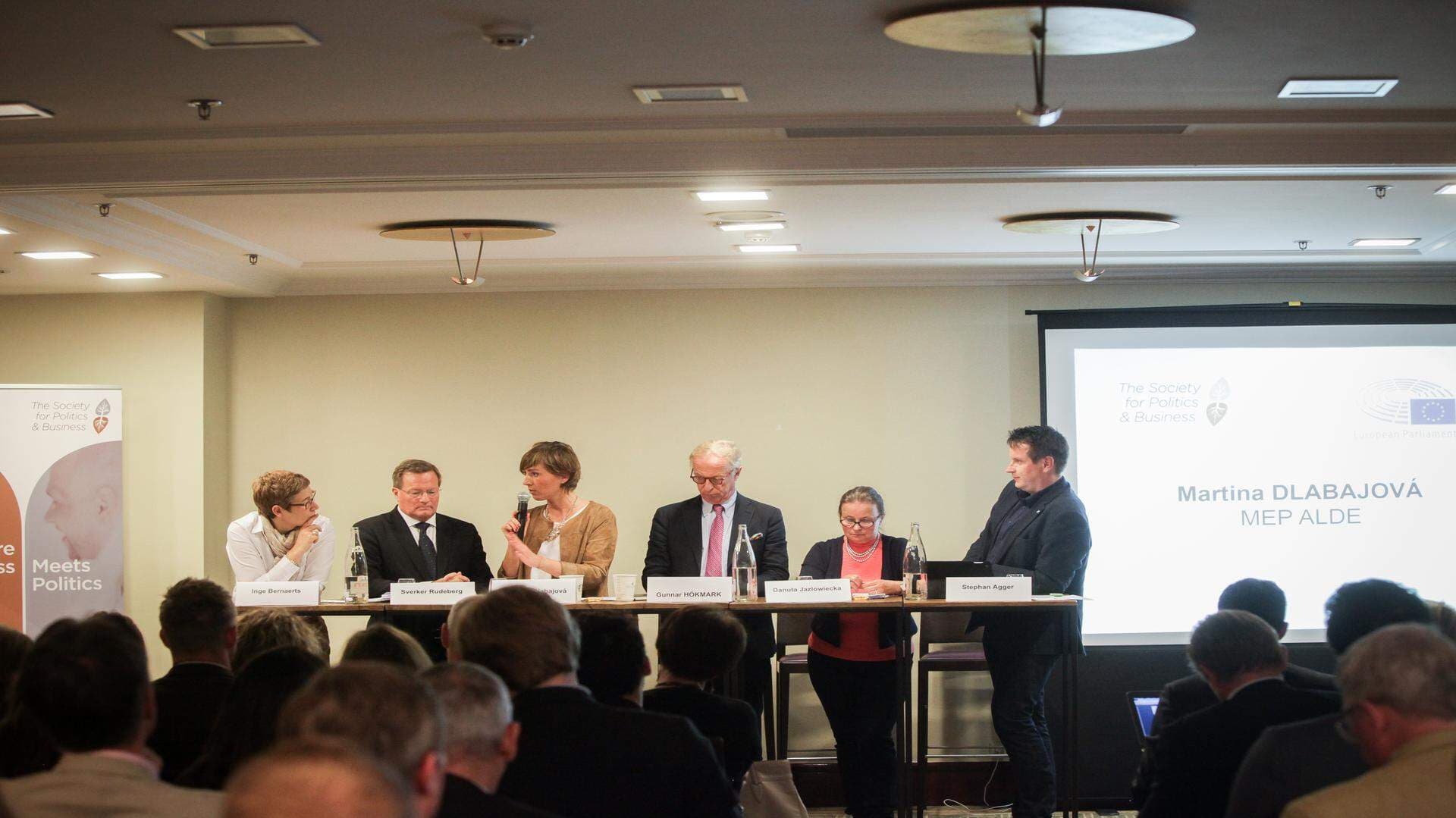
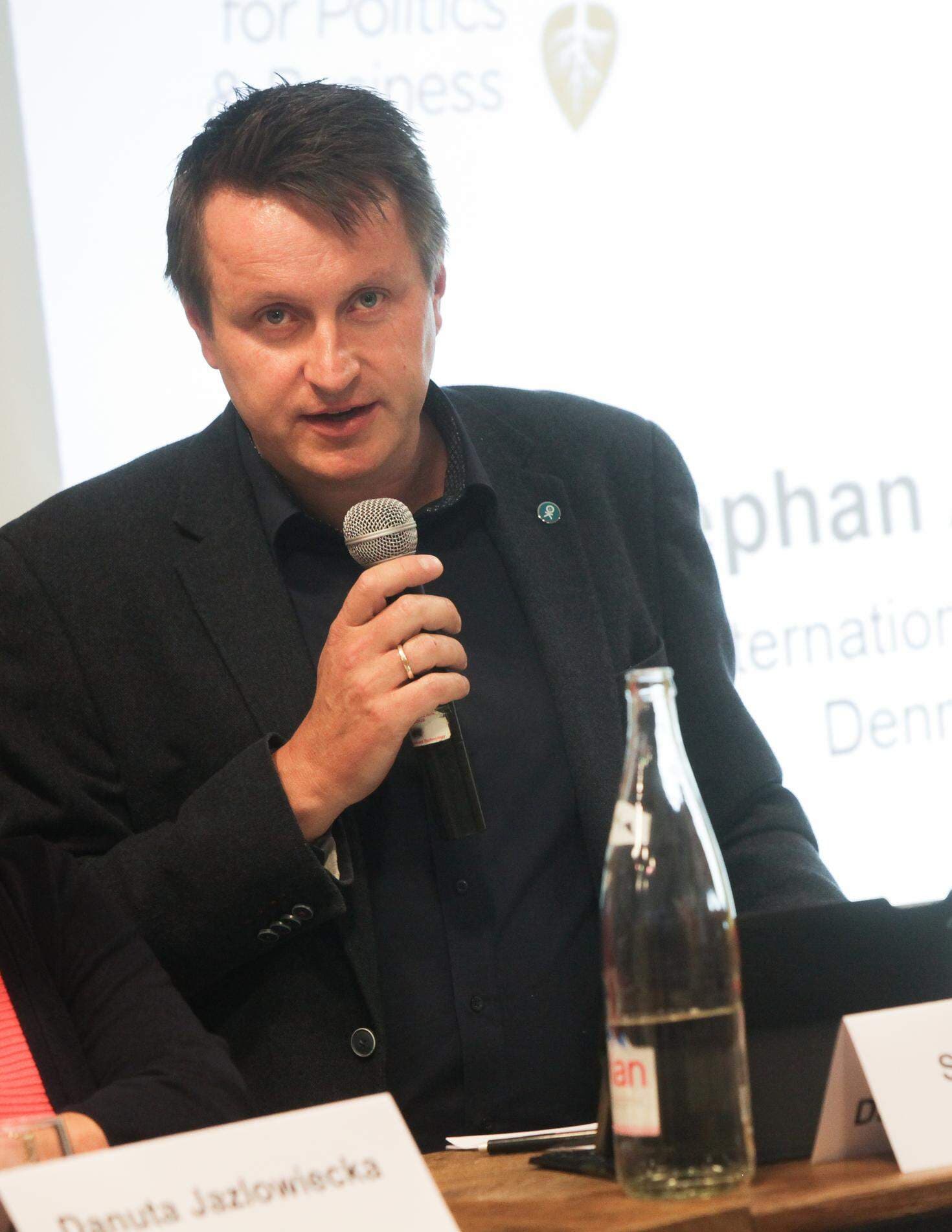
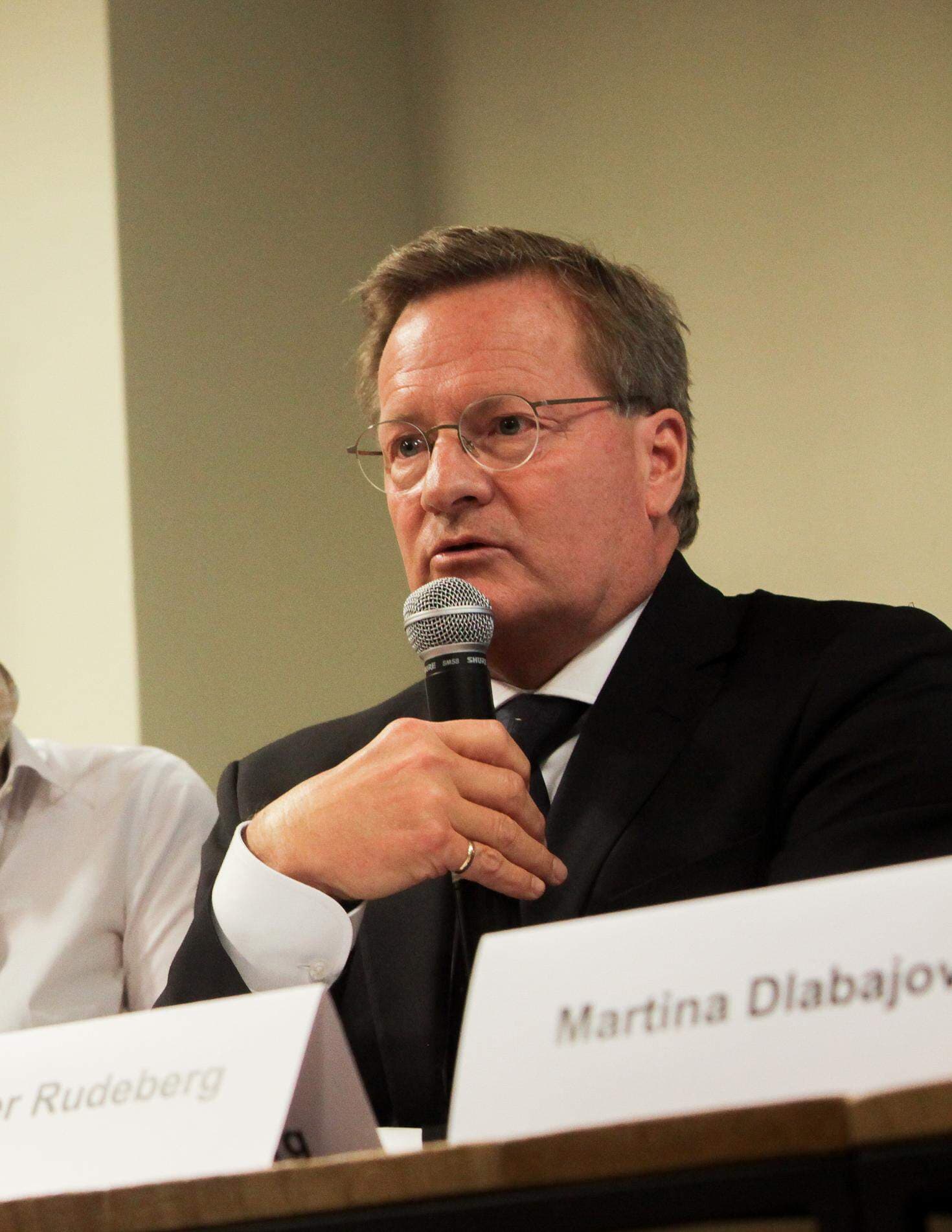
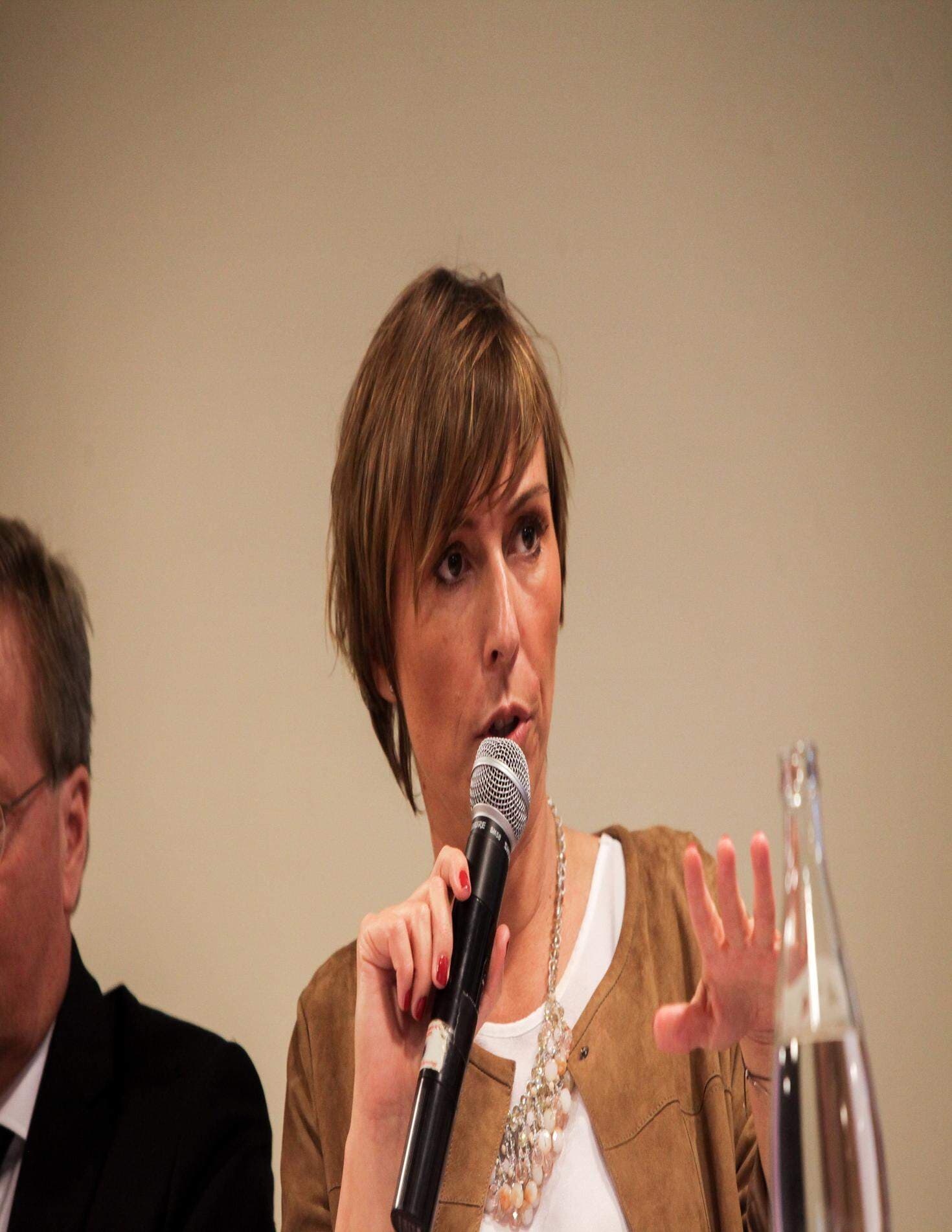
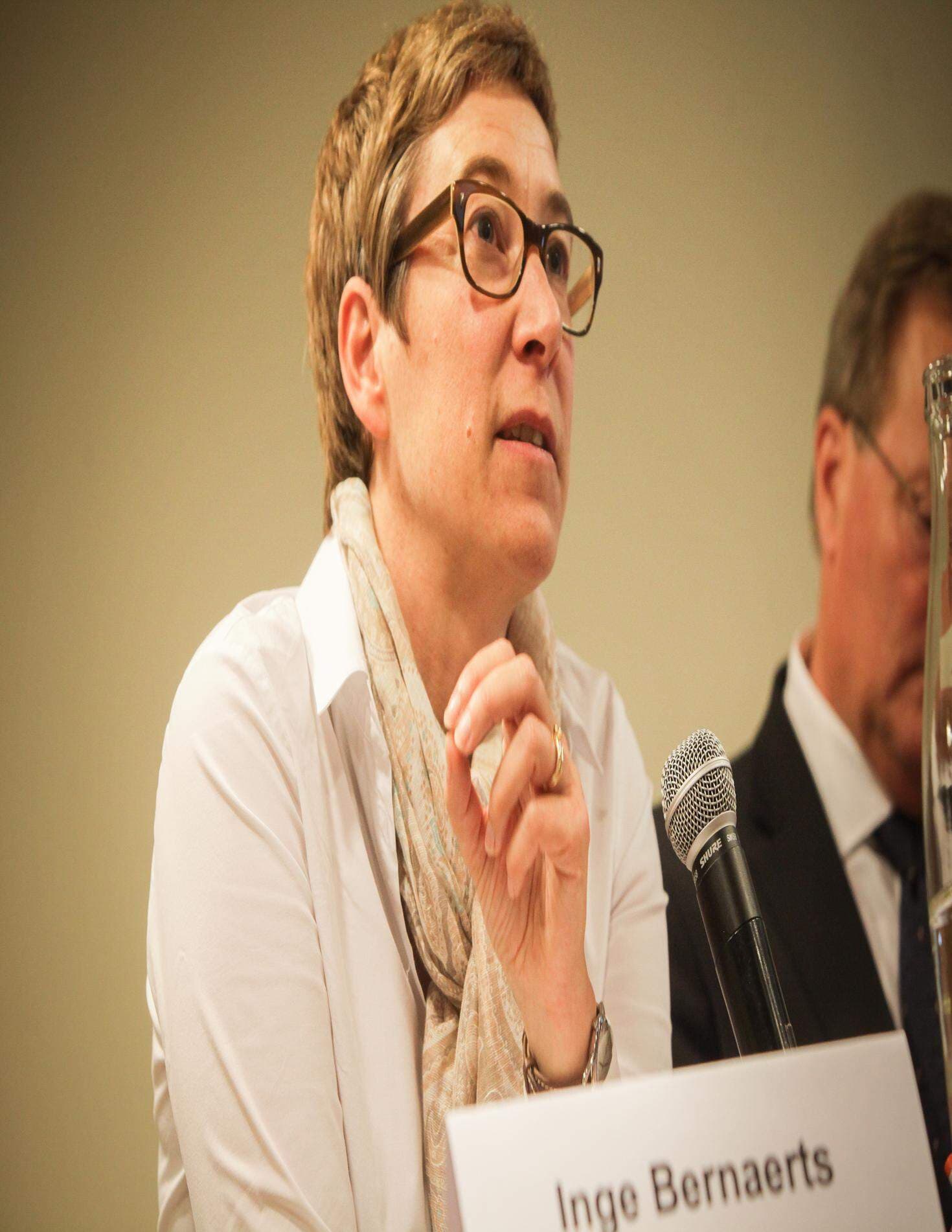
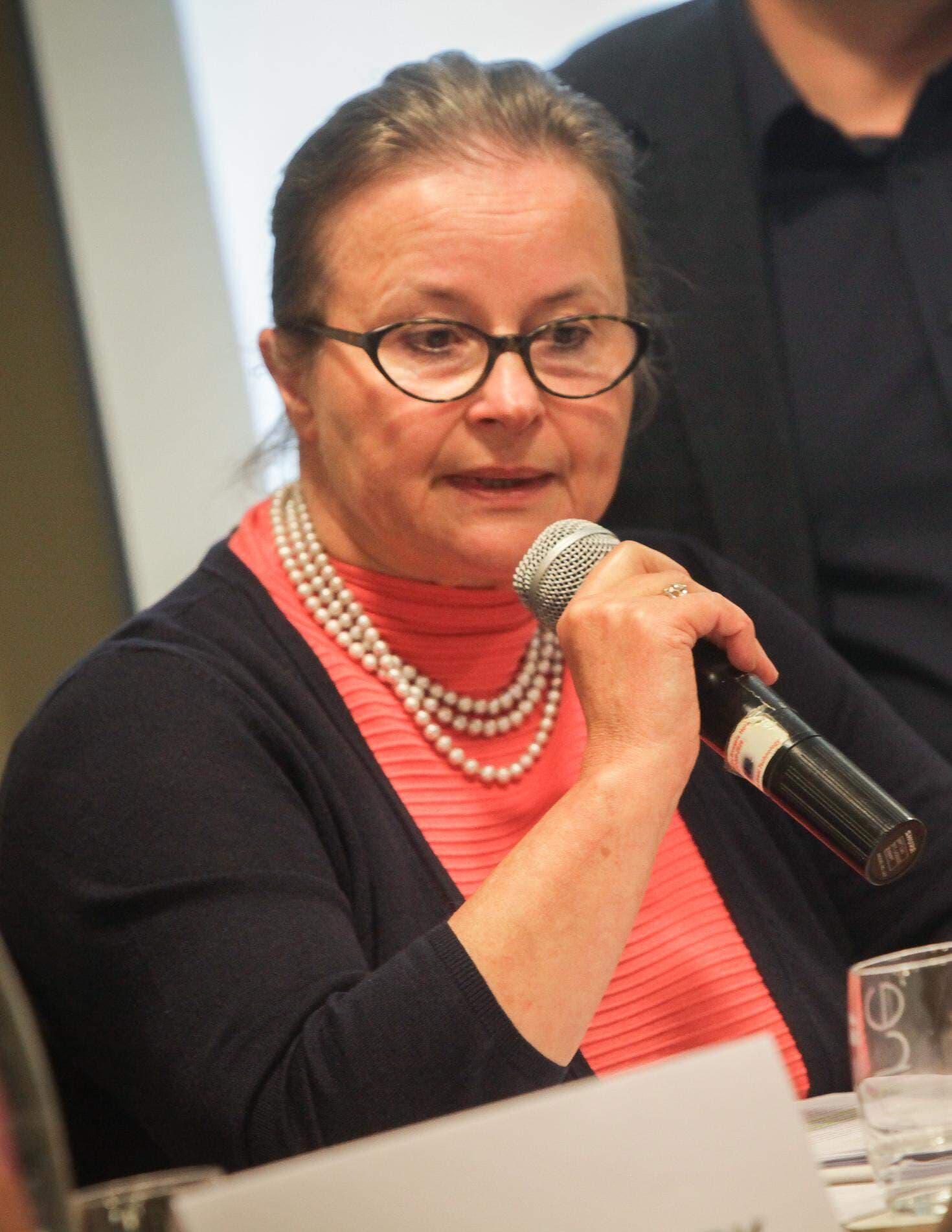
Proponents believe that fair wage conditions and equal remuneration between local and posted workers will provide for a level playing field, better protection for workers, more transparency and legal certainty.
Critics believe that the new rules will interfere in national wage setting, create uncertainties and administrative burdens, undermine competition and the provision of services and in the end risk putting an end to posting. And for the third time in history, a "yellow card" procedure is invoked, with eleven national parliaments requiring the European Commission to review its proposal.
To address this important issue the Swedish Society for Politics and Business (SPN) organised a seminar in Brussels.
Inge Bernaerts, Member of the cabinet of the European Commissioner for Employment, Social Affairs, Skills and Labour Mobility started the discussions by outlining the broad framework of the proposal.
– The European Commission wants to promote both mobility and posting of workers. But the Single Market does not work without rules. We need clear, fair and enforceable rules to protect the environment, consumers and workers. The directive on the enforcement of the posting of workers directive from 2014 is a tool for national authorities to target abuses. The original posting directive from 1996, which deals with the content, needs to be updated in order to better protect posted workers who work side by side with local workers. Problems exist in certain sectors and when people see that the existing rules are not fair they ultimately reject the Single Market. That is why we need to modify the directive to guarantee that posted workers are subject to the same rules and remuneration as local workers, said Bernaerts.
Martina Dlabajová, Member of the European Parliament and shadow rapporteur for the liberal ALDE Group underlined the need for policies based on facts and evidence.
– Posting is essentially about skills shortages and finding the right competence. It is unsatisfying that the commission has not assessed the extra costs involved in sending workers to another country. Studies in Poland and the Czech Republic estimate such costs to between 30 and 60 percent. It is obvious that requiring these companies to also raise the wages will impact very negatively on their readiness to provide services abroad. Also, we need to have more information about how the new concept remuneration is defined and interpreted and what the consequences will be for the future labour markets in Europe. For many people in the central and eastern European countries labour mobility was crucial for joining the EU. The old member states embraced the enlargement not just out of solidarity, but because of the economic benefits that it brought also in their own countries. The current proposal now risks undermining this mobility, she said.
Danuta Jazlowiecka, Member of the European Parliament for the Christian Democratic, EPP-group also believed that the proposal contributed to legal uncertainties and raising of costs for service providers.
– Posting is a very diverse phenomenon. It’s wrong to believe it is just about firms in less prosperous countries providing services in richer countries. Each Member State has its own specific competitive advantages and differences in productivity. The proposal of the commission does not consider this and thus does not take the broader picture of the Single Market into account. It will considerably decrease the competitive edge of countries with many posted workers and, contrary to the intentions, it will raise more barriers, create more legal uncertainty, less investment and less social convergence. It also creates a division within the EU at a time when we need unity, she said.
Sverker Rudeberg, responsible for European Social Affairs at the Confederation of Swedish Enterprise said that the proposal should be withdrawn.
– The intention of the commission is to create better protection for posted workers. But good protection needs clear and enforceable rules. Everyone knows what minimum wage means in the current directive, but no one, not even the commission, knows how the new concept remuneration should be interpreted. Since the term is imprecise, it gives room for various interpretations and will create legal uncertainty for a long time. Posting will be more risky, and as a consequence there will be less posting, at a time when we need more mobility. The rules regarding subcontractors are also highly unclear and risk having a very damaging impact on the internal market. The proposal makes lawful posting more difficult and hampers cross-border trade in services, competitiveness, growth and job creation, concluded Rudeberg.
Stephan Agger, Head of the international department of LO, Denmark criticized the proposal for deleting article 3(9) of the current Posting of Workers Directive. He also underlined that in principle Danish LO is in favour of equal treatment of national and posted workers and that the proposal of the commission was a step in the right direction.
– The new concept of remuneration is imprecise. Also, the commission has in its proposal deleted a provision that gives the Member States competence to lay down rules for posted temporary workers that go beyond the minimum rules which otherwise follow from the directive. The legal effects of deleting this provision are unclear. The Danish LO, together with the employers DA, reject giving the European Court of Justice the right to define the concept of pay in Denmark. Danish trade unions are involved in hundreds of collective actions against posting companies and a situation of legal uncertainty for years will have a devastating effect for us, said Agger.
The seminar was led by Gunnar Hökmark, Member of the European Parliament for the EPP-group and president of SPN Brussels, the Swedish Society for Business and Politics. It was held in the Renaissance Brussels Hotel in Brussels and gathered around 70 participants from European institutions, business organisations, trade unions, member states’ permanent representations and other stakeholders.
Christian Ardhe